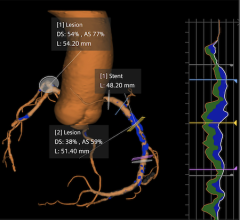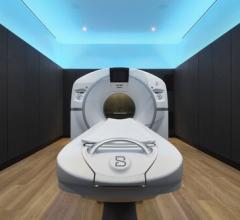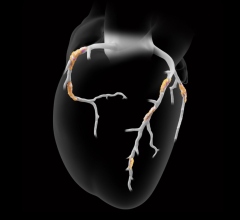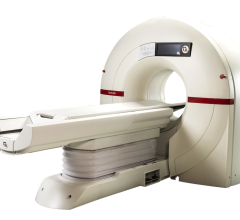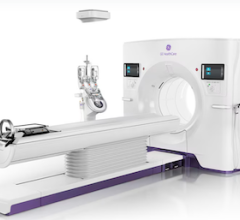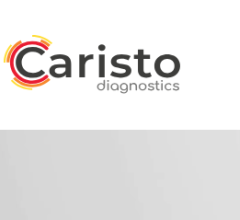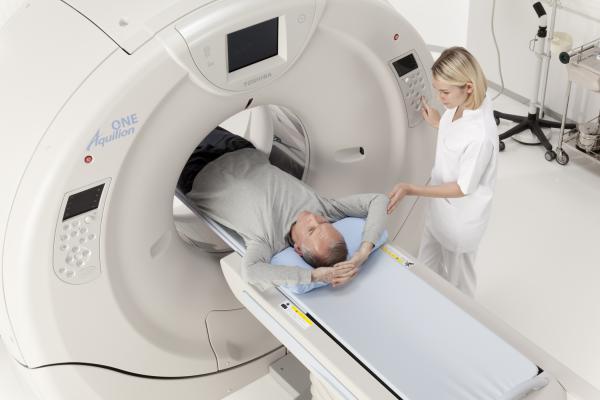
April 13, 2016 — The U.S. Food and Drug Administration (FDA) has received a small number of reports of adverse events that are believed to be associated with computed tomography (CT) imaging of some implantable and wearable electronic devices. These include insulin pumps, cardiac implantable electronic devices and neurostimulators.
The agency’s current understanding is that when a CT scanner directly irradiates the circuitry of certain implantable or wearable electronic medical devices (i.e. when the device is visible in the resulting CT image), it can cause sufficient electronic interference to affect the function and operation of the medical device.
The probability that this interference can cause clinically significant adverse events is extremely low. Furthermore, the probability of X-ray electronic interference is lower when the radiation dose and the radiation dose rate are reduced. Interference is completely avoided when the medical device is outside of the primary X-ray beam of the CT scanner.
FDA said the presence of insulin pumps, cardiac implantable electronic devices and neurostimulators should not preclude the performance of an appropriate, medically indicated CT scan. The probability of an adverse event being caused by exposing these devices to CT irradiation is extremely low, and it is greatly outweighed by the clinical benefit of a medically indicated CT examination.
Healthcare professionals and patients are encouraged to report adverse events or side effects related to the use of these products to the FDA's MedWatch Safety Information and Adverse Event Reporting Program.
For more information: www.fda.gov

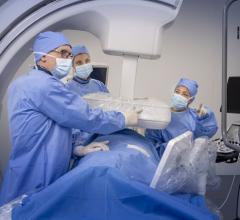
 February 02, 2026
February 02, 2026 

